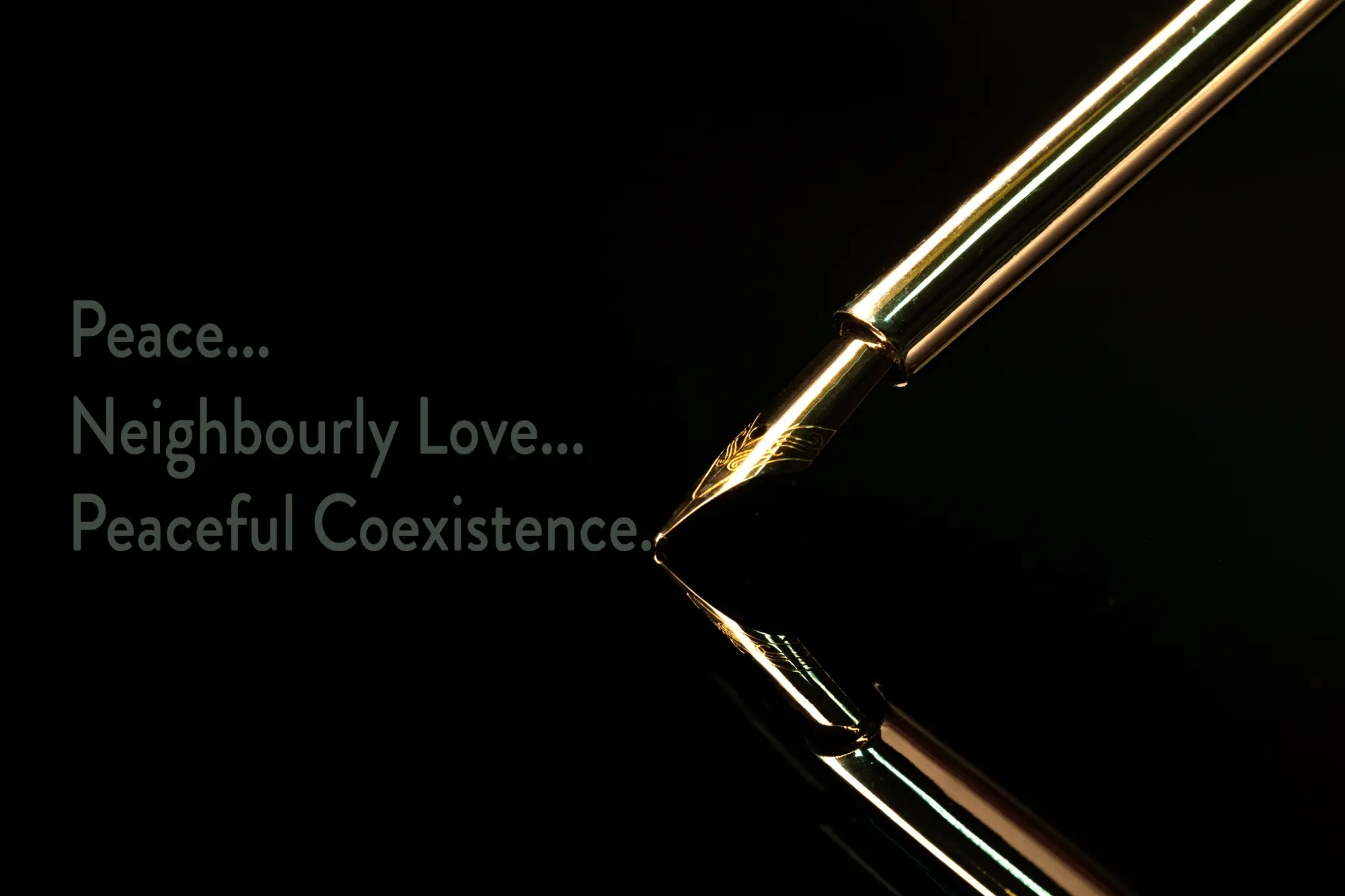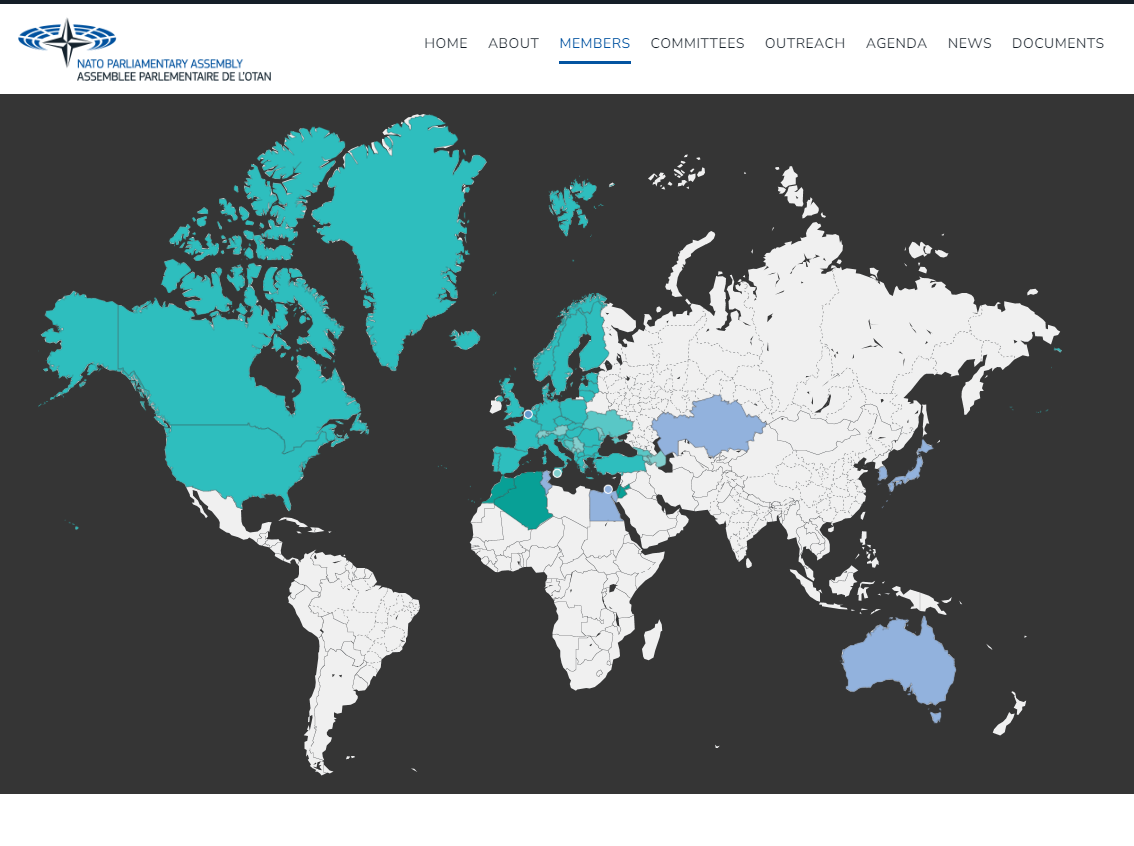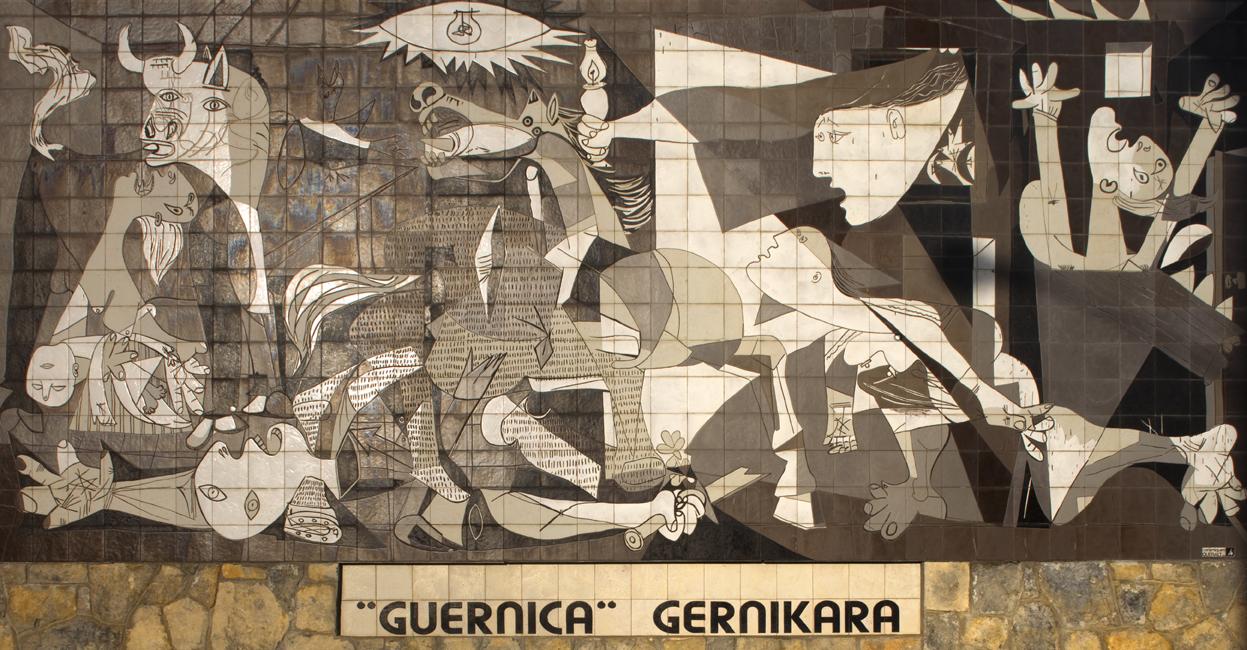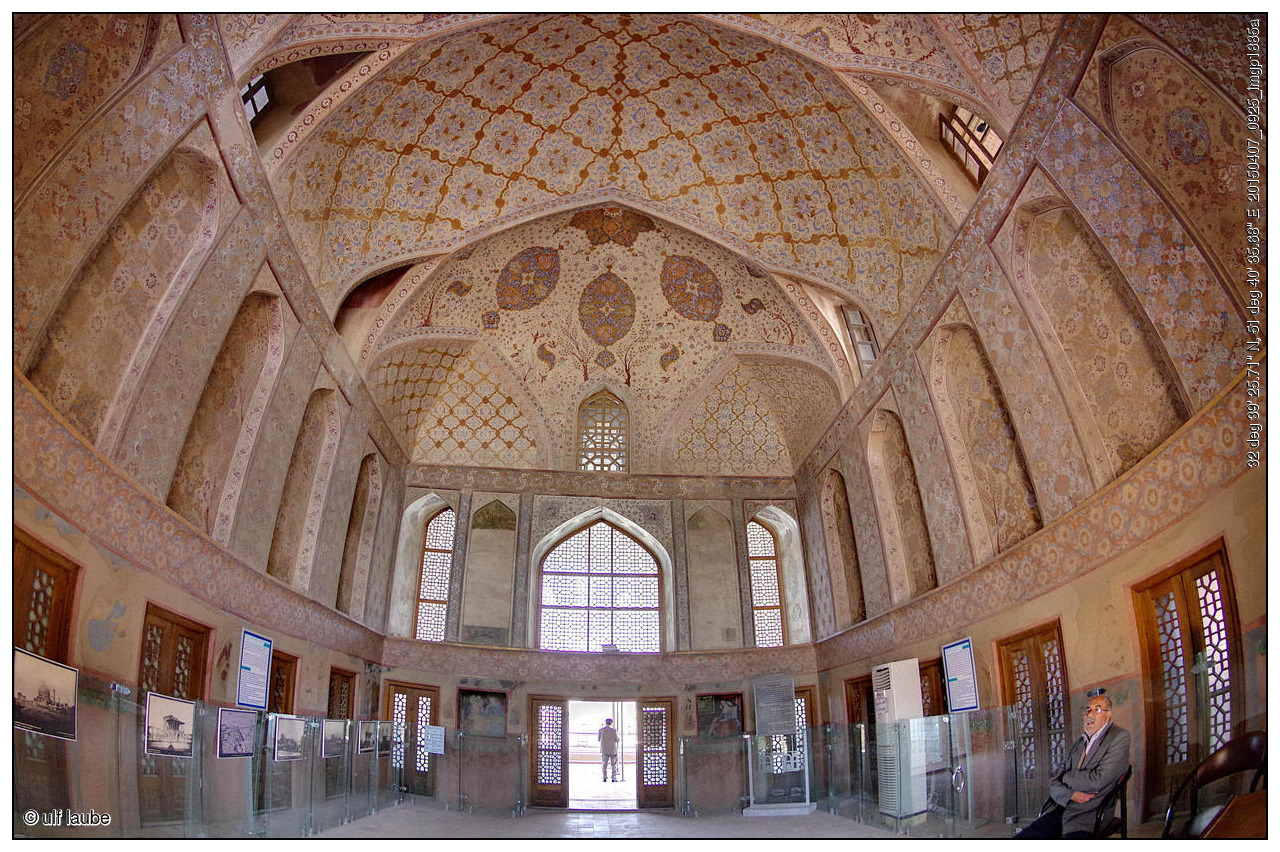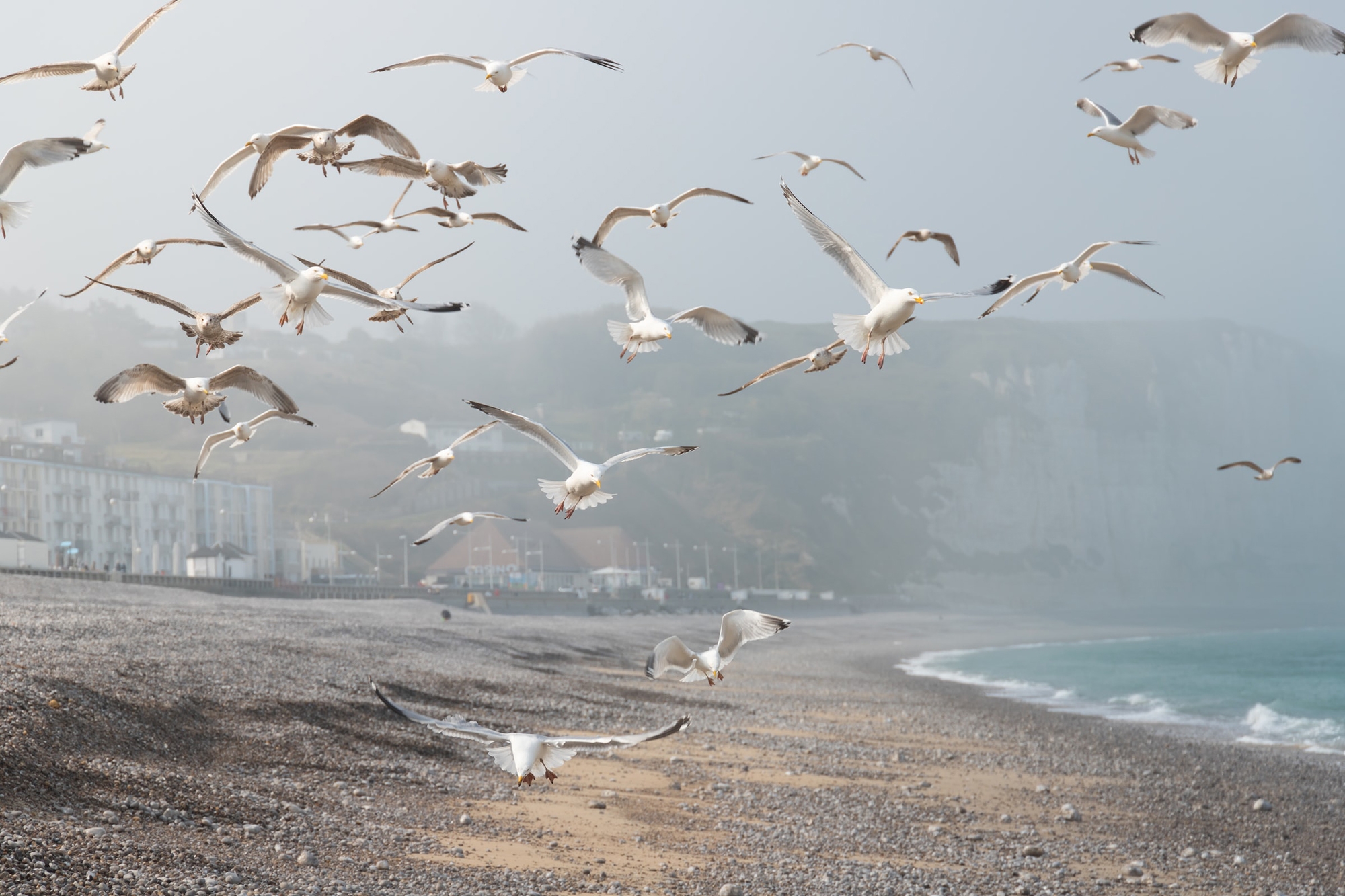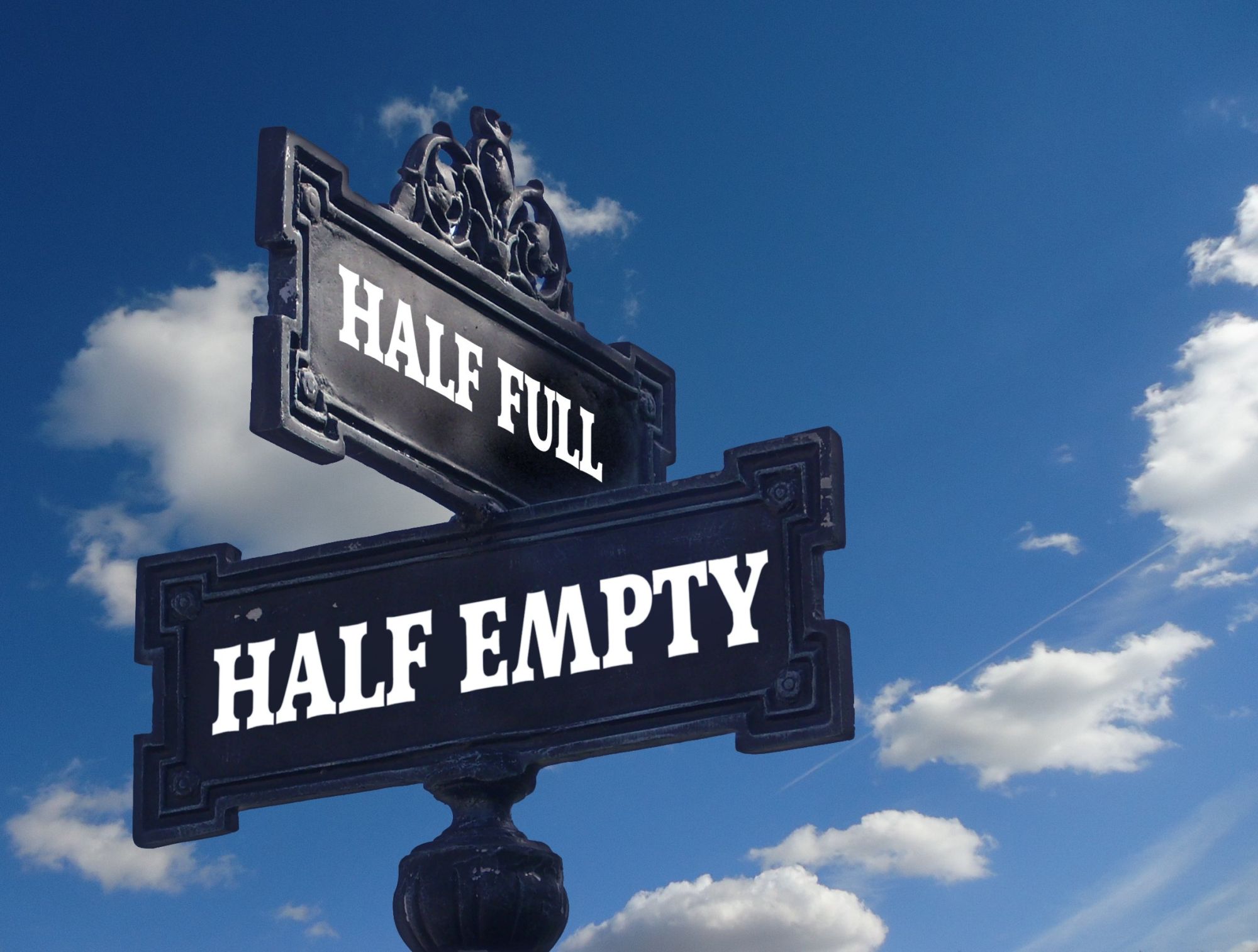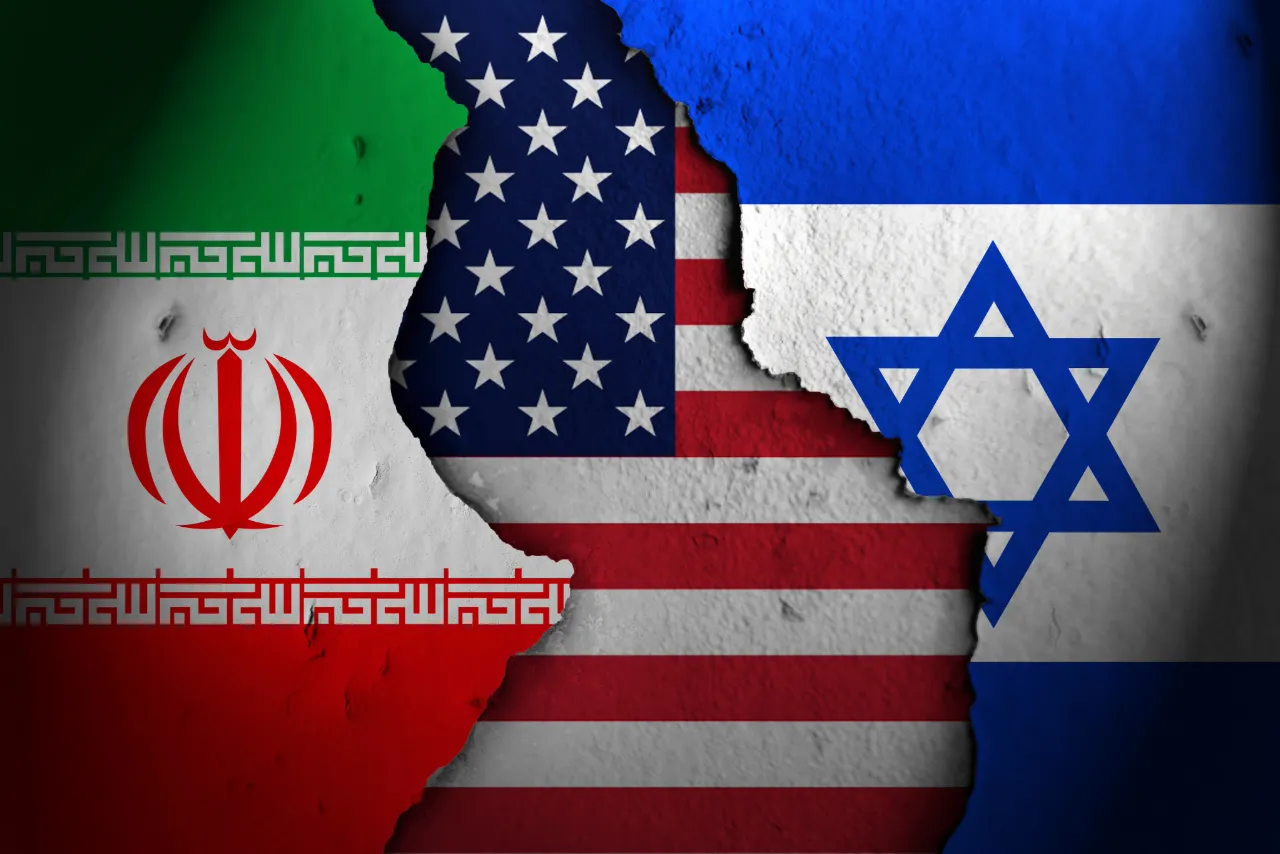
When you look at some of the news in relation to the recent strikes from Israel into Iran, at recent Trump ‘messages’ – you cannot help but wonder…
Who is using whom here?
When in the early 1990s the 2nd Gulf war started – and when finally in 2003 more strikes against Iraq led to Saddam Hussein’s capture and death, it was clear already that contrary to US-interests Hussein after decades of support from the US and oil prices to their advantage started to cut loose.
So, to the world the US announced that there were “weapons of mass destruction” in Iraq to be taken care of. And thus they went in. The results can be seen to this day: Iraq after more than 20 years is still struggling to get to its feet.
For Hussein in Iraq it was his ‘Swan song’: Iraq has too much oil for the US to ‘let him go’.
The same holds true for Iran.
The whole of these operations and war have been at least partly prepared for during the first stay in office of that sorry excuse for a man called Trump.
He cancelled the contracts with Iran that had been reached after 10 years of negotiation to control Uranium enrichment.
Netanyahu is proven to have needed support to stay in office in Israel. He has for many years driven the situation in Gaza to breaking point – the age-old method of kings as well as dictators and other leaders of state to cover up internal problems with a war in foreign countries; in order to try and ‘unite’ people behind them again.
Not only does the Israeli people not want all of it!
All the cruelty and killing could have been prevented. Long ago!
And still, my greetings also to all the good people in the US, because there are more against Trump’s politics every day! And they protest, loudly and consistently.
But, here comes the ‘scoop’:
Should this war lead to the downfall of the present regime in Iran, the ‘olden times’ of suppression of Iran by the US will return:
Because, just as during the regime of the last Shah in Iran, the US received the lowest possible prices for oil and gas in return for their support.
Blackmail. Extortion. That’s what this is. Shame on Trump, Netanyahu and also Putin, should he support them.
